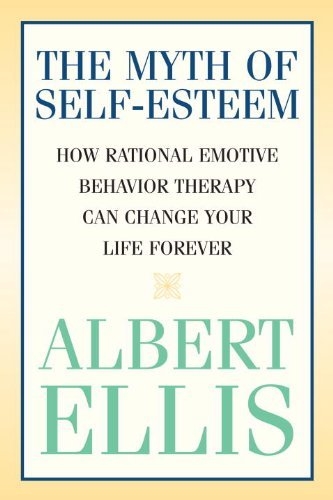Many psychologists preach the importance of self-esteem, but on closer analysis the meaning of self-esteem often amounts to little more than basing our sense of self-worth on the success of our achievements or relationships. In this insightful exploration of true self-acceptance, Albert Ellis criticizes the traditional definition of self-esteem, calling it conditional self-acceptance?i.e., we feel good about ourselves only on condition that we fulfill certain ambitions and personal desires. Ellis proposes instead Unconditional Self-Acceptance (U.S.A.)?learning to appreciate our unique personalities no matter what good or bad actions we do or how successful our relationships turn out to be. This more realistic approach, Ellis points out, helps us to avoid the common pitfall of failing to live up to our (often unrealistic) expectations and the consequent feelings of self-denigration, low esteem, and depression, which impede our ability to tackle life's challenges. Ellis provides a historical review of the concepts of self-esteem and self-acceptance, examining the thinking of great religious teachers, philosophers, and psychologists?including Lao Tsu, Jesus, Spinoza, Nietzsche, Kierkegaard, Buber, Heidegger, Sartre, Tillich, D.T. Suzuki, the Dalai Lama, Carl Rogers, and Nathaniel Branden, among others. He then provides exercises for training oneself to change self-defeating habits to the healthy, positive approach of self-acceptance. These include specific thinking techniques as well as emotive and behavioral exercises. He concludes by stressing that unconditional self-acceptance is the basis for establishing healthy relationships with others, through Unconditional Other-Acceptance (UOA) and a total philosophy of life anchored in Unconditional Life-Acceptance (ULA).
Authors
Albert Ellis
Additional Info
- Release Date: 2005-10-03
- Publisher: Prometheus Books
- Format: Paperback
- ISBN: 9781591023548
No copies of this item are currently available.
